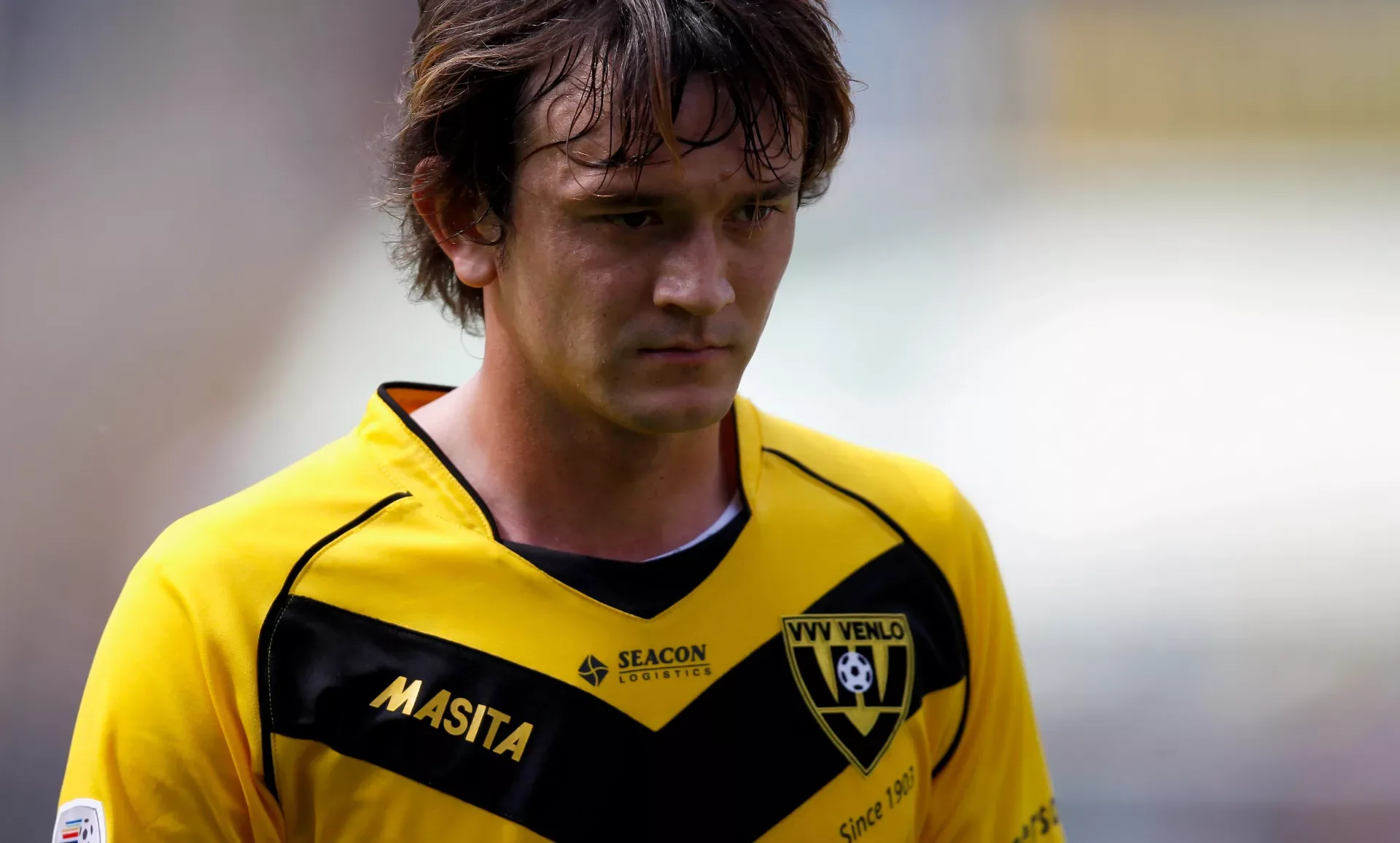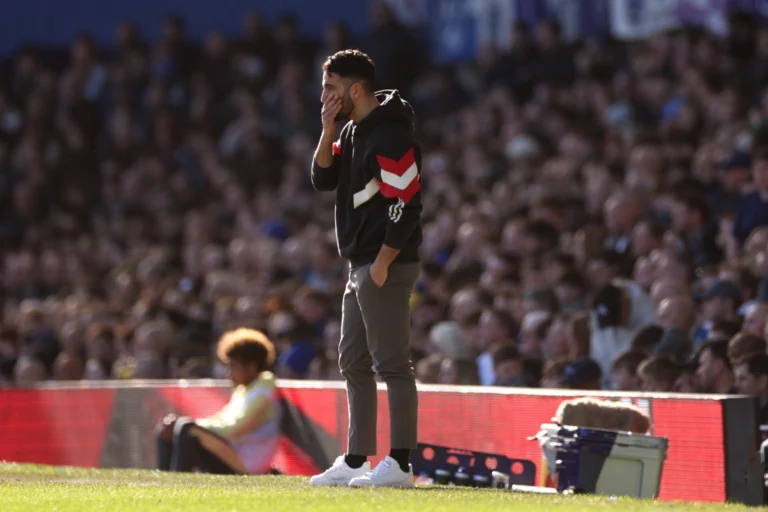Fearless Funabashi: How a High School Team Nearly Pulled off One of Football’s Greatest Cup Upsets
The “magic of the cup” is a saying that rears its head each year as clubs from every level get the chance to potentially play against the country’s most elite sides. Fans have a certain love affair with domestic cup competitions for this very reason, as teams from the lower divisions get the chance to etch new pages into their club’s folklore. This often comes from potentially beating a team that is playing in a division higher up.
These games live forever in the memories of the fans of these clubs and are an integral part of these cup competitions, where every side, no matter how small, can have their shot at glory. Each and every season, these cups create remarkable stories. From clubs from down the football league ladder making a run in the competition to huge upsets taking place, memories can be created.
This year has been no different, with third division Saarbrucken FC beating the mighty Bayern Munich in the DFB Pokal Cup in Germany, Spanish third division side Unionistas knocking out Villareal in the Copa Del Rey or non-league Maidstone United FC. reaching the last 16 of the FA Cup. These stories are remembered fondly when looking back on a season.
However, you have to go back two decades to 2003 to find one of the most unlikely cup stories involving Ichiritsu Funabashi Municipal High School in Japan, who managed to qualify for the Emperor’s Cup against all odds.
Who Were Funabashi Municipal High School?
Funabashi was the most decorated high school in Japan, having won 21 major world and national titles. They had a particularly successful run at the turn of the century. This included the 2000 Otten Cup, which PSV hosts each year. They won the National High School Soccer Championship in 1999 and 2002.
This run was capped off in 2003 with their most successful season yet. They thrived throughout the year, winning the Sanix international youth tournament and the Prince Takamado Cup All Japan Youth Soccer Championship.
These were strong achievements for the high school but each of these games came mostly against similar opposition. Their biggest achievement would come at the very end of this special year, during their heroic showing in the Emperor’s Cup against the best sides in all of Japan.
The Magic of the Emperor’s Cup
The Japanese equivalent to the FA Cup is the Emperor’s Cup, which is unique as it allows high schools and universities the chance to qualify and pit themselves against the best teams in the country. There are often instances where universities qualify for the Cup and face off against professional teams, which is a huge achievement. It is extremely rare for a high school team to qualify but twenty-one years ago, Funabashi Municipal High School achieved this feat as they attempted to make history.
Entry to the Emperor’s Cup could only be gained by winning a prefectural cup for the teams that lay outside the top divisions. Yokohama F Marinos were cementing themselves as the country’s best team by their success in winning the J-League. Around the same time, the prefectural tournaments were taking place and one interesting winner was Funabashi Municipal High School, which triumphed in the prefectural cup of Chiba, giving them a place amongst Japan’s elite in the Emperor’s Cup.
Funabashi’s opponents for the first round were Thespa Kusatsu, a semi-professional club that was recently promoted to the third division. They managed to beat them 1-0. Funabashi came up against Hannan University in the second round, who qualified by winning the Osaka Prefecture Cup. The high school team outclassed the college outfit with another 1-0 win, which saw them advance into the third round.
A Meeting with the Best Team in the Country
The third round offered a whole different challenge, much like the FA Cup in England; it’s the round where the country’s elite clubs from the top division enter the draw. Funabashi was hoping that their fairytale run could continue with the draw for the third round looming. They were drawn against the Yokohama F Marinos, who just fifteen days earlier had won the J-League to cement themselves as the best team in all of Japan.
The draw was a cruel blow for the Funabashi, who were on the cusp of a truly special cup run only to face the impossible task of being drawn against Japan’s reigning champions. The cup tie took place on December 13th, 2003, in what was one of the unlikeliest matchups ever to be seen involving a professional team.
Funabashi dug their heels in and rode out the early onslaught, managing to make it into halftime, still only two goals worse off. This was a really encouraging spell for the high school team, who must have been thinking that they would be able to get out of the tie with a respectable scoreline after all. Yokohama continued to attack and missed several chances before Funabashi was given a lifeline in the 69th minute. A free kick was crossed in which former Japan international goalkeeper Kenichi Shimokawa mishandled and Funabashi captain Tatsuya Masushima took full advantage, poking the ball home.
Yokohama reasserted their dominance and began to search for a third goal in order to kill the game off but they couldn’t put away their chances before they were punished for their misses in the 85th minute. Funabashi broke away on a counter-attack, with Robert Cullen picking up the ball and beating several defenders before squaring for teammate Kota Tanaka to score the equaliser.
The unlikeliest of turnarounds was almost completed as the youngsters nearly snatched a historic victory, with substitute Toru Kotobuki coming within inches of a winner as his audacious lob struck the post. There was still to be one more twist in a thrilling finish to the game as Funabashi captain Masushima was controversially shown a second yellow card for simulation.
The high school outfit managed to reach full time but would now have to endure extra time. Funabashi withstood extreme pressure all through extra-time despite their numerical disadvantage, bringing Yokohama to penalties.
Yokohama scored all of their penalties, while their keeper, Shimokawa, saved two penalties from Funabashi, who ultimately lost 4-1 in the shootout. The high school team were just penalty kicks away from eliminating the best team in the country and creating one of the biggest cup upsets in football history.
Imagine your local secondary school almost knocking out Manchester City in the FA Cup. This is the equivalent.
The Aftermath of the 2003 Emperor’s Cup
The Kashima Antlers eventually eliminated Yokohama at the quarterfinal stage. In the end, Iwata prevailed over Cerezo Osaka 1-0 to win the cup. The impressive run that the Funabashi schoolchildren made during the 2003 tournament is what people mostly remember it for.
Even though Funabashi hasn’t qualified for the Emperor’s Cup since, no other high school team has made it as far as the third round since 2003, which shows the magnitude of their achievement. It remains to be seen if any high school team will ever be able to hold their own against one of Japan’s best teams against all odds ever again.
What Happened to the Funabashi Class of 2003?
Many of that Ichiritsu Funabashi high school team went on to have good careers as footballers, as their performances in the Emperor’s Cup grabbed the attention of the whole country and put many scouts on notice.
Robert Cullen was an integral member of the Funabashi team back in 2003. He was of Irish descent, as the name may suggest but selected Japanese citizenship in order to qualify to play for Japan. He represented Japan at the U-20 level and was part of the team that competed at the 2005 World Youth Championship but never went on to appear for the senior national side.
In February 2012, Northern Ireland manager Michael O’Neill reportedly attempted to convince Cullen to be part of his next international selection but nothing materialised.
Cullen played out most of his early career in the Japanese league before having a stint in Holland with VVV-Venlo, making 69 appearances. This is a club that was well known in Japan, as Keisuke Honda and Maya Yoshida both had their introduction to European football there. He retired in 2018 at the age of 32.
Funabashi captain Tatsuya Masushima went on to have a solid career despite never leaving Japan. He represented the Japan U-20 at the World Youth Championship and played an integral role at centre back as Japan made it out of their group before being knocked out by Morocco in the round of sixteen.
These were the only two players from Funabashi that made the Japan U-20 team for the youth championships in 2005 but many other players went on to play in the J-League and the J-League 2.
Funabashi goalkeeper Hirotsugu Nakabayashi was a prime example. He went on to make over 200 appearances in the Japanese divisions and is still active today.
The story of the 2003 Funabashi high school team will live long in the memory throughout Japan and despite their eventual loss to Yokohama, their remarkable showing should go down as one of football’s greatest cup stories.








